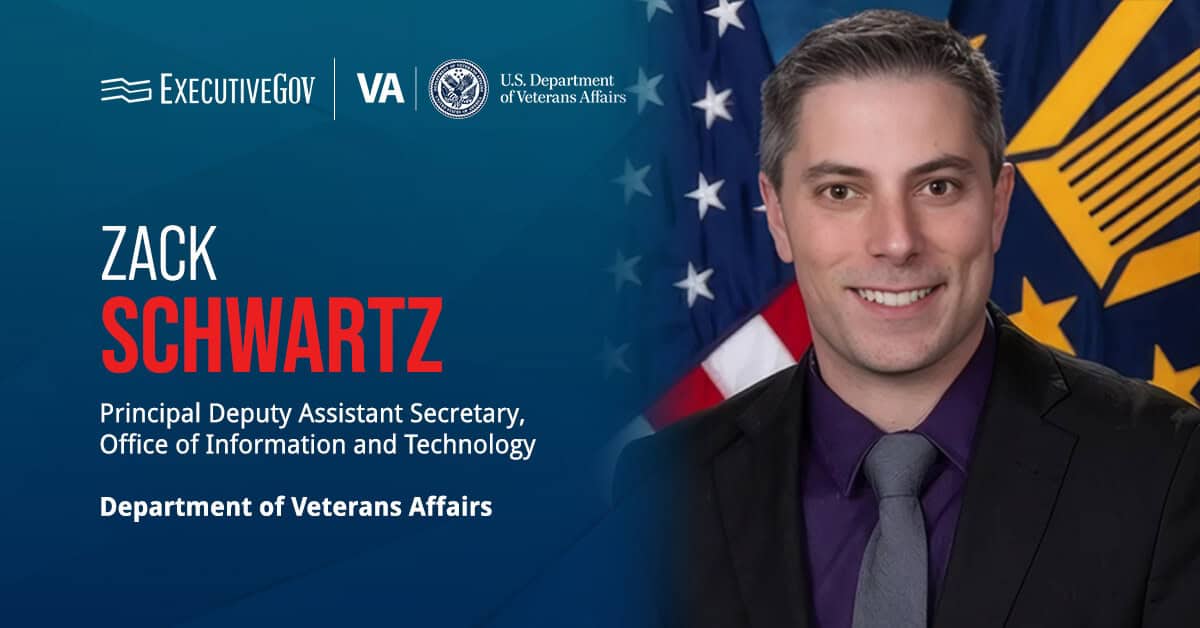
The National Institute of Standards and Technology has added new information security strategies in an existing recommendation document for nonfederal organizations. NIST said Wednesday that it released a companion draft containing new recommendations for the existing publication entitled Protecting Controlled Unclassified Information in Nonfederal Systems and Organizations.
“We need to provide safeguards and countermeasures that can stand up to these attacks,†said Ron Ross, a NIST fellow who co-authored the publication.
The companion draft features recommendations for protecting controlled unclassified information with higher exposure risks. The agency calls for organizations to comment on both main and companion drafts for input. Interested parties may submit responses through July 19, 2019.





